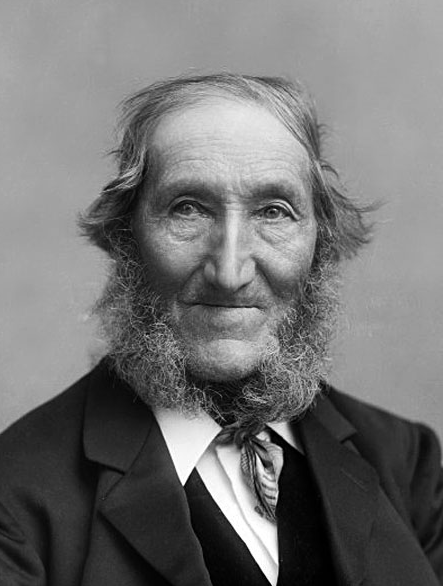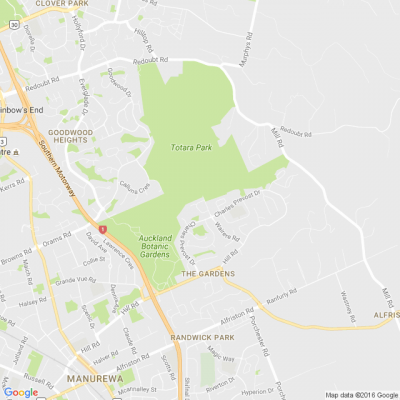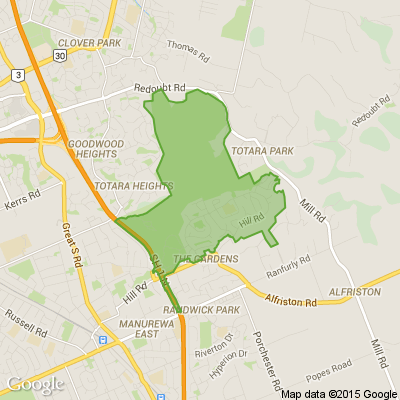Changing Your Customer’s Opinions
The former managing director for Facebook Australia & New Zealand has some very strong opinions about how social media and modern communication technology is changing the way people form their opinions.
The question is are you up to speed with how your customers form opinions about your brand?
Stephen Scheeler, the former managing director of Facebook Australia and New Zealand, points out that “we have entered an era where technology in good and not so good ways is impacting how humans do lots of different things and one is how they form opinions."
Stephen has concerns about how rapidly technology has transformed the way people build and change their opinions. He feels strongly that the accelerated changes are so great that even an insider with his experience cannot fully understand what is happening.
And although he is specifically referring to the way social media may have influenced the recent Australian elections, these concerns hold true for understanding your consumers and how they form opinions about your brand. What does this mean for your organisation?
The first thing to realise is that you can’t leave your head in the sand. The advertising world is rapidly changing and you need to get onboard with that. If you think that your advertising approach from even 5 years ago is up to date then you need to revisit the way you market your brand.
Targeted advertising is taking a larger share of audience than ever before so you need to know who your audience is in much greater segmentation detail than ever before. You can no longer assume the average grocery buyer is a mum with two children for example.
You also need to know how your consumer interacts and communicates with their community. As Ariadne Vromen, professor of political sociology at the University of Sydney, points out, social media “can be used to shore up your base, delivering messages to them as you know other forms of traditional advertising aren’t working”.
Ariadne adds that it isn’t only the young but older people who are using Facebook to verify opinions and establish trust in products and organisations. Social media is a powerful tool that has transformed the way your customers modify their opinions and you need to ensure you’re using it appropriately for your customer base.
Finally, you, as a business owner, need to invest more in your data collection and analysis tools. Build an expert marketing team and create an holistic approach to your advertising that talks to your consumers where and when they’re listening.

What workplace change would you like to see most?
This coming Monday is Labour Day in New Zealand. This public holiday marks when the eight-hour workday and 48-hour workweek became law in 1899. The idea started with Samuel Parnell, a carpenter in Wellington, who in 1840 refused to work more than eight hours a day. Since skilled workers were in short supply, his employer had to agree.
As more skilled workers arrived, employers tried to change working conditions, but Parnell and others kept pushing for better rights. In 1890, Parnell led a Labour Day parade of 1,500 people to promote the eight-hour day. He passed away shortly after, and nine years later, Labour Day became an official public holiday.
Do you feel that we have reached the ideal in working environments yet? What rights are you passionate about relating to employment? Share your thoughts!

What's your favourite recipe for gooseberry?
Love gooseberries? Share your favourite way to enjoy them. We're looking for our readers' favourite family recipes for this delicious crop. Send yours to mailbox@nzgardener.co.nz, and if we use it in the magazine, you will receive a free copy of our December 2024 issue.

Six tips for improving security around your home
1) Improve outdoor lighting
Ensure that streets, driveways, and front yards are well-lit. Motion-sensor lights around homes deter trespassers by reducing hiding spots and illuminating their movements.
2) Trim your trees
Overgrown shrubs and trees provide cover for intruders. Keeping them well-trimmed around windows and doors improves visibility and reduces potential hiding spots.
3) Secure Entry Points
Ensure doors, windows, and gates are always closed when you are away from the house. Upgrade to more secure locks, deadbolts, or even smart locks for added protection.
4) Add a security camera
Place security cameras in the main entry points to your home. Doorbell cameras are also relatively cheap and a great way to keep track of who is visiting your home when you aren't there.
5) Start a Neighborhood Watch Program
You could reach out to members on Neighbourly to form a group of neighbors who can regularly keep an eye out for suspicious activity and report it. You could also check with Neighbourhood Support to see what is existing in your area.
6) Introduce yourself to your neighbours
The closer you are to your neighbors, the more likely they’ll notice when something unusual or suspicious is happening around your property
Feel free to share anything that you do around your area to deter crime.








 Loading…
Loading…